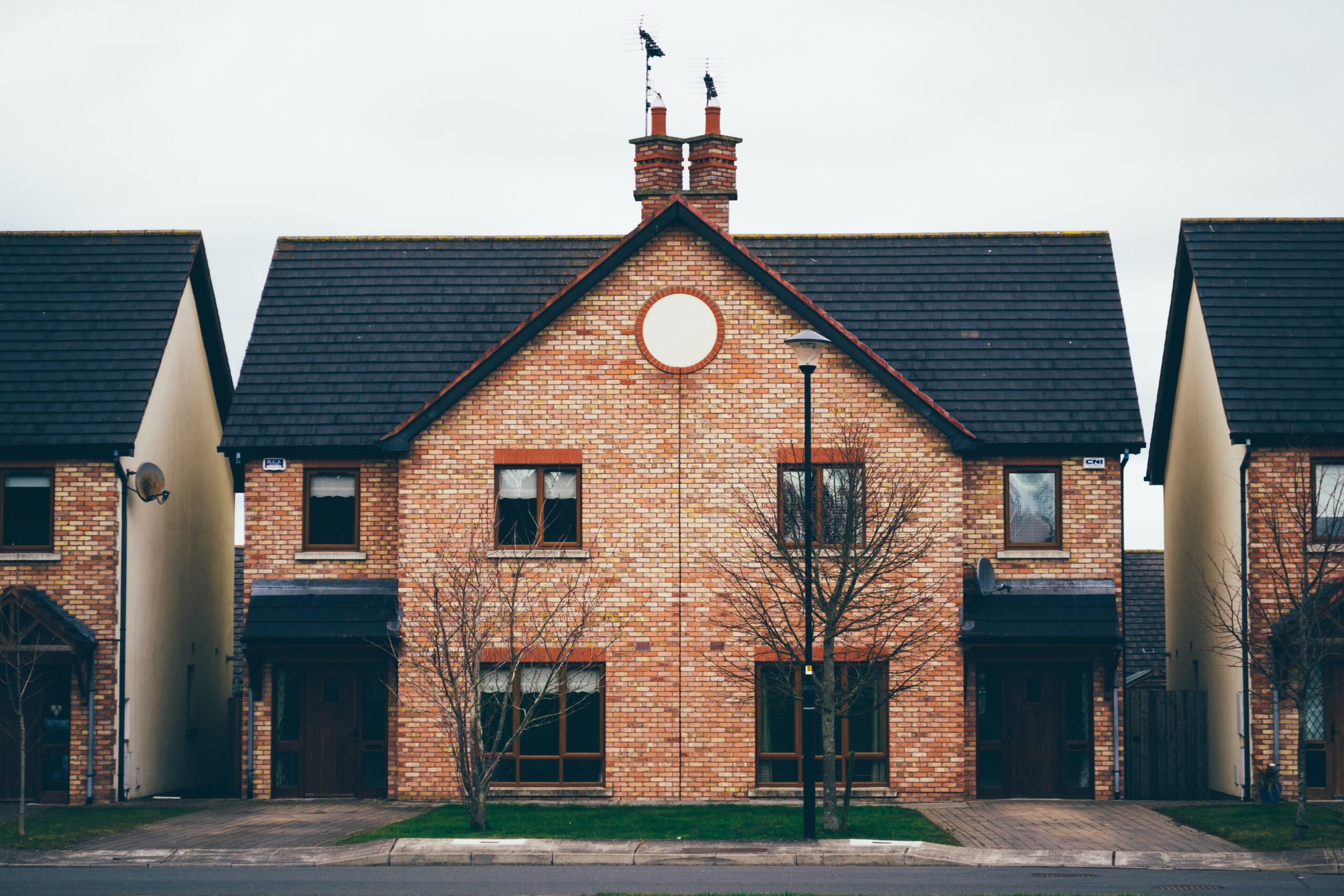This article is part of a week-long series for IWPR’s Status of Women in the States initiative. The work featured in this series highlights the various ways the pandemic and related economic crisis are impacting women and their families at the state-level. This project builds on IWPR’s recent economic recovery report that details the extent to which women, and particularly women of color, have shouldered the greatest burden of the economic crisis, and also proposes a slate of bold policies to ensure a gender equitable recovery. The pieces included in this series provide a window into what the reality is for women in states across the nation, and highlight the urgent need for federal funding for states and localities.
The “shecession” caused by the COVID-19 pandemic has had devastating impacts on women across the United States. The U.S. Census Bureau’s Household Pulse Survey data shows, however, that the economic recession has hit women in some states harder than others, impacting everything from unemployment insurance claims to food and housing security.
As shown in the map above, Alabama, New York, Mississippi, Louisiana, and Delaware have the highest shares of women who report they are behind on their rent or mortgage. A staggering one in five women in Alabama, New York, and Mississippi and 18 percent of women in Louisiana and Delaware are behind on rent or mortgage payments.
Women in Oregon, Utah, Colorado, New Hampshire, Minnesota, and Washington are doing the best when it comes to keeping up with their rent and mortgage payments. Even so, 7 percent of women in Oregon and Utah and 8 percent of women in Colorado, New Hampshire, Minnesota, and Washington report they are behind on their payments.
Even before COVID-19, rising prices for both home ownership and rent meant that a growing number of Americans were paying more than 30 percent of their incomes for housing. While housing costs have increased, wages have largely been stagnant and families have been under an increasing amount of financial stress. Many were already at risk of homelessness prior to the pandemic, and the rising cost of living has made it increasingly difficult, if not impossible, for households to save or have a cushion that can be draw from during an economic crisis. The evolving housing crisis has made women and families even more vulnerable to the pandemic and related economic downturn.
As we enter winter, the pandemic and economic crisis continue unabated. Without bold interventions, they will continue to take a disproportionate and devastating toll on women. Women make up the majority of unemployment insurance claimants nationally and in a large majority of the states. They have been dropping out of the labor force at historic rates, and are shouldering the lion’s share of caregiving responsibilities. As relief measures are set to expire, many will continue to struggle to make ends meet. Without further supports, there will be dire consequences for women who are already behind on their rent or mortgage payments and risk facing evictions.
States urgently need additional funding to support those impacted most by the economic recession. They must have the ability to ensure that women and families have access to safe and affordable housing.


